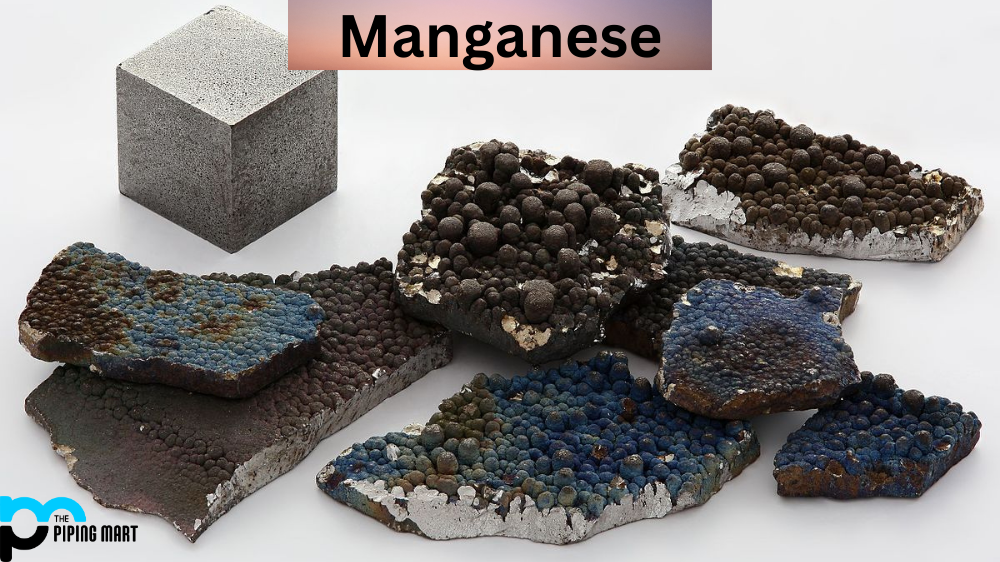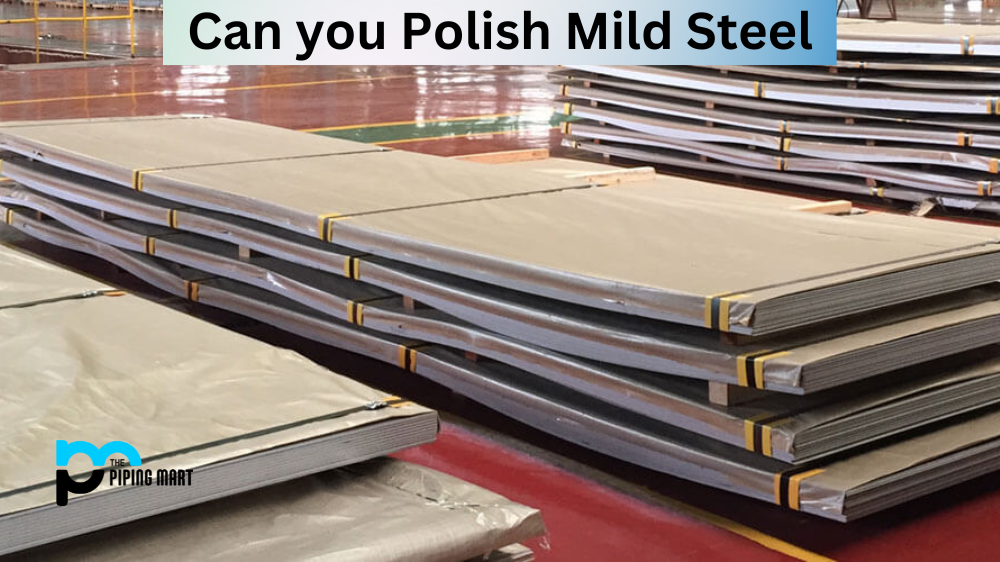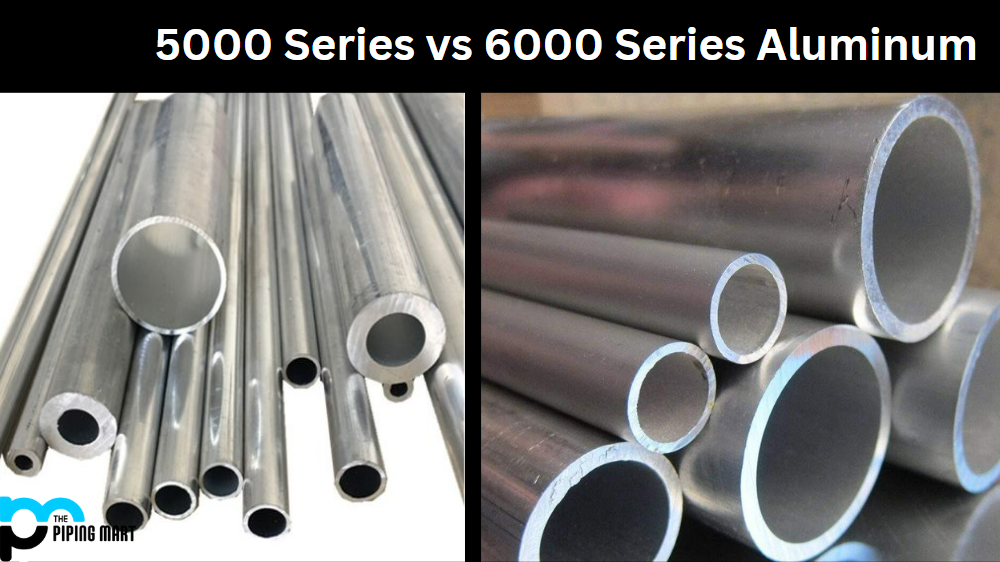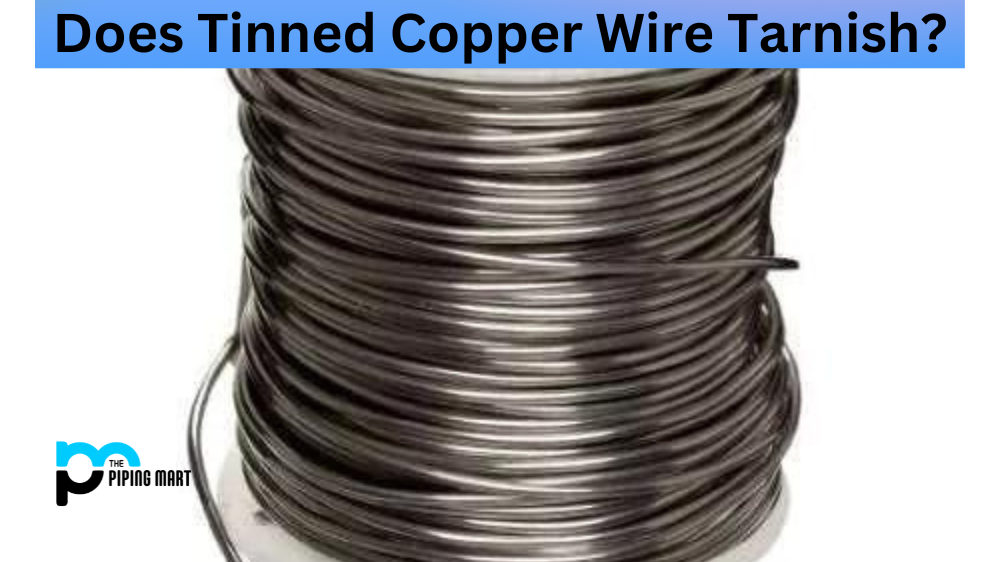Low-carbon steel is an alloy of iron, manganese, and other elements. It’s used in a variety of manufacturing processes and products, from automotive components to construction materials. But what role does manganese play in low-carbon steel? In this blog post, we’ll look at the properties of manganese and how it affects low-carbon steel production.
What is Manganese?
Manganese is a chemical element with the symbol Mn and atomic number 25. It’s found naturally in its oxide form, MnO2. It has been used since ancient times as an oxidizing agent for glass-making and dyeing fabrics. In more recent years, it has become a key component of steel production due to its ability to improve the strength and hardness of iron alloys.
Manganese in Low-Carbon Steel
Manganese is added to low-carbon steels because it helps reduce their susceptibility to cracking or breaking under pressure or wear. This makes them ideal for applications where strength and durability are important factors. The amount of manganese added to the alloy can vary depending on the end use of the product being manufactured; higher levels are used for products that need greater strength or wear resistance than those with lower levels. Additionally, adding different amounts of other elements, such as chromium, nickel, molybdenum, or vanadium, can further improve the properties of low-carbon steels.
Benefits of Manganese in Low-Carbon Steel
The main benefit that manganese brings to low-carbon steels is increased tensile strength and improved ductility (the ability for a material to be shaped without breaking). This means that low-carbon steel products made with manganese will be able to withstand greater loads without bending or breaking compared to products made without it. Additionally, adding manganese also increases resistance against corrosion which can further extend the life span of manufactured goods.
Effect of manganese in carbon steel
Manganese is a strategic element sometimes included in the composition of carbon steel as an alloying agent. Adding manganese to the alloy can significantly reduce the critical cooling rate during hardening of carbon steel, thus allowing manufacturers and producers to use better tools for working the metal into its desired form. The lower cooling rate is key to producing hardened parts without injury to the surface and without cracking at low temperatures. Anytime manganese is added it directly increases the hardenability of steel, resulting in superior performance when finished products are put into use. This makes manganese a valuable asset when included as part of a carbon steel composition, allowing for greater strength and quality control.
Conclusion
Manganese is an essential element when it comes to making low-carbon steel stronger, harder, and more durable than ever before. The addition of small amounts of manganese during production helps reduce cracking or breaking stresses while providing improved corrosion resistance too. When selecting a type of low-carbon steel for your next project or product design, consider how much manganese should be added, so you get the results you want!

A passionate metal industry expert and blogger. With over 5 years of experience in the field, Palak brings a wealth of knowledge and insight to her writing. Whether discussing the latest trends in the metal industry or sharing tips, she is dedicated to helping others succeed in the metal industry.




